Are you getting ready to move? Wondering if all your belongings are covered by your homeowners insurance policy once they are packed up and on a moving truck? While your homeowners policy might cover your belongings if they’re damaged in your home, it most likely will not cover them while being transported from one home to another. Here’s what you need to know when moving.
Are My Belongings Covered If I Move Myself?
If you choose to do your packing and moving yourself, it’s important to know that standard homeowners insurance does not provide full coverage. For example, if your dishes aren’t wrapped properly and it chips during the move, homeowners insurance wouldn’t cover the loss. If you drop your kitchen table and break one of the legs, that wouldn’t be covered. “Homeowners insurance only covers damage caused by a covered peril, which is an unexpected event that causes damage or loss to your home or belongings, such as fire, lightning, wind, theft, and vandalism,” according to Mike Muir of Muir Insurance Group. “If you are moving high-value items, you might want to consider adding a scheduled personal property endorsement,” said Muir.
If you choose to move yourself and rent a moving van, moving trailer, or moving truck, it’s important to understand the type of insurance or coverage they offer. Most moving truck rental companies offer coverage to protect their vehicles from accident damage, such as a collision with another vehicle or a cracked windshield caused by a flying rock. Most also offer some form of optional protection for your belongings, but only for loss or damage that results from things like a collision or fire. This coverage does not cover damage caused by improper packing or loading, shifting of items during transit, or theft.
In short, if you do the packing and moving yourself, you will most likely not be covered for any damage that occurs because of standard moving activities
Are My Belonging Covered If I Hire Professional Movers?
Just as homeowners insurance does not fully cover you if you move yourself, it also doesn’t cover you if you hire professional movers. However, if you hire a reputable, professional mover, you will receive some level of coverage for your belongings. The coverage will differ depending on what type of move it is. When you move within the same state it’s referred to as an intrastate move. These moves are regulated by the individual state and therefor the coverage required will be different by state. Check with your state moving association if you are moving to a new location within the same state. If you are moving from one state to another it is called an interstate move, and those moves are federally regulated. According to the Federal Motor Carrier Safety Administration (FMCSA), under Federal law, interstate movers must offer two different liability options referred to as valuation coverage: Full Value Protection and Released Value Protection.
“Most professional moving companies will automatically include Full Value Protection in your moving estimate,” said Russell Barnsley, head of Private Client Sales at Ace Relocation Systems. “Full Value Protection covers belongings at $6.00 per pound, while Released Value Protection covers at only $0.60 per pound,” continued Barnsley. Make sure you understand the differences between Full Value Protection and Released Value Protection.
Are My Belongings Covered If They’re In A Storage Unit?
Frequently homeowners have belongings in storage, whether they’re moving or not. Your homeowners policy may or may not cover your personal property while they’re in storage. It’s important to talk with your insurance agent to fully understand if your belongings are covered while in storage, and to what extent they are covered. In many cases, your homeowners insurance may only cover damage caused by catastrophic situations, such as a fire in the storage facility.
What Should I do With My Insurance When Moving?
If you’re moving homes, that’s the perfect time to consult your insurance agent to make sure you’re covered during the move and once you move into your new home. If you’re moving yourself, talk to your insurance agent and find out what type of coverage your homeowners insurance policy offers. If your belongings aren’t covered sufficiently, ask about adding a scheduled personal property endorsement. If you’re hiring professional movers, ask about their valuation coverage options, and be sure to talk to them about any high-value items you’ll be moving (generally anything over $1,000 in value).
And regardless of how you’re moving your items from one home to another, always make sure you talk to your insurance agent about your new home, when you are moving, and any changes in coverage you may need. That way you’ll be sure to be covered the minute you get settled in your new home.
Contact the insurance experts at Muir Insurance Group to discuss the risks associated with moving. Call 847-550-9900 or email Muir Insurance Group for a free consultation.
